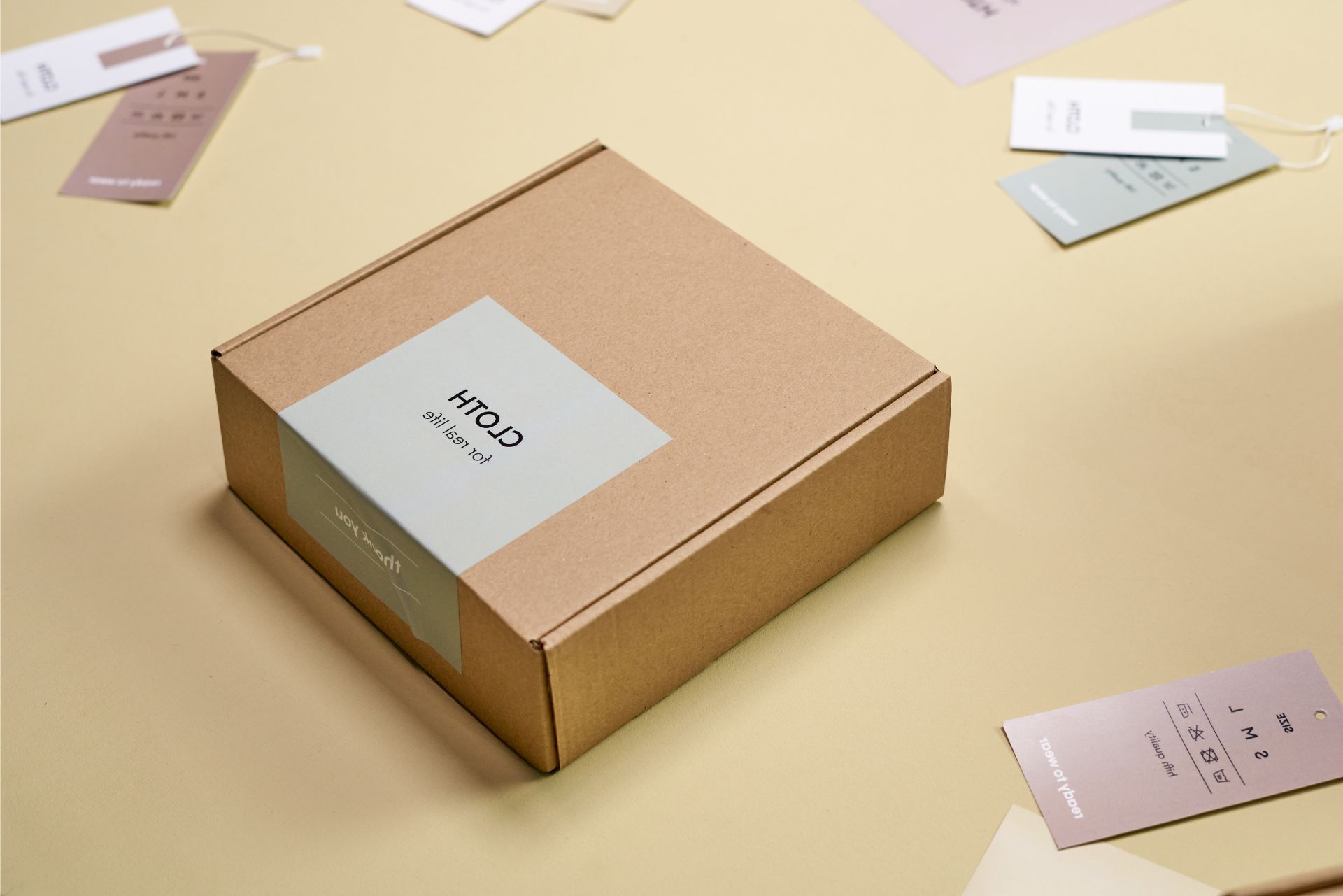Oklahoma Product Liability Insurance

See How We're Different:
Call Us: (405) 241-9710
Top 3 Recommended Policies
Index
Contact Us
Phone
Location
In today's litigious society, businesses must be prepared for any eventuality, especially when it comes to product liability. Oklahoma, like many states, has specific requirements and considerations for businesses that manufacture, distribute, or sell products. Understanding product liability insurance is crucial for protecting your business from potential lawsuits and
financial losses. This comprehensive guide will explore everything you need to know about product liability insurance in Oklahoma, from its importance to how to choose the right policy for your business.
Understanding Product Liability Insurance
What is Product Liability Insurance?
Product liability insurance is a type of coverage that protects businesses from claims related to the manufacture or sale of products to the public. These claims can arise from defects in design, manufacturing, or marketing, which may cause injury or damage to consumers. This insurance is essential for businesses involved in the production or distribution of goods, as it covers legal fees, settlements, and other costs associated with defending against such claims.
In Oklahoma, product liability insurance is not mandated by law, but it is highly recommended for businesses to safeguard against potential legal actions. Without this coverage, a single lawsuit could result in significant financial strain, potentially threatening the viability of the business.
Product liability insurance typically covers three main types of claims: manufacturing defects, design defects, and failure to provide adequate warnings or instructions. Each of these claims can have serious implications for a business, making comprehensive coverage a critical component of risk management.
Why is Product Liability Insurance Important?
Product liability insurance is vital for protecting a business's financial health and reputation. In the event of a lawsuit, the costs associated with legal defense, settlements, and judgments can be substantial. Without insurance, these expenses could deplete a company's resources, leading to bankruptcy or closure.
Furthermore, having product liability insurance demonstrates a commitment to consumer safety and responsibility. It reassures customers and partners that the business is prepared to address any issues that may arise, thereby enhancing trust and credibility in the marketplace.
In Oklahoma, businesses face unique challenges due to the state's legal environment and consumer protection laws. Product liability insurance helps navigate these complexities by providing a safety net that allows businesses to focus on growth and innovation without the constant worry of potential litigation.

Key Components of Product Liability Insurance
Coverage Options
Product liability insurance policies can vary significantly in terms of coverage options. It's essential for businesses to understand the specific risks they face and choose a policy that addresses those needs. Common coverage options include protection against bodily injury, property damage, and personal injury claims resulting from product defects.
Businesses should also consider the scope of coverage, including whether the policy covers products sold internationally, as well as the limits of liability. Higher coverage limits provide greater protection but may come with higher premiums. Balancing these factors is crucial for ensuring adequate protection without overextending the budget.
Additional endorsements or riders may be available to tailor the policy to specific business needs. These can include coverage for product recalls, which can be costly and damaging to a brand's reputation, or coverage for legal expenses related to defending against frivolous claims.
Exclusions and Limitations
Understanding the exclusions and limitations of a product liability insurance policy is as important as understanding what is covered. Common exclusions may include intentional acts, known defects, and contractual liabilities. Businesses must carefully review these exclusions to ensure they are not left vulnerable to certain types of claims.
Limitations on coverage can also impact the effectiveness of a policy. For example, some policies may have sub-limits for specific types of claims or may not cover punitive damages. It's essential to discuss these limitations with an insurance professional to ensure the policy aligns with the business's risk profile and operational needs.
Additionally, businesses should be aware of any requirements for maintaining coverage, such as regular product testing or compliance with industry standards. Failure to meet these requirements could result in denied claims or increased premiums.
Choosing the Right Product Liability Insurance Policy
Assessing Your Business Needs
Before selecting a product liability insurance policy, businesses should conduct a thorough assessment of their operations and potential risks. This assessment should consider factors such as the types of products sold, the volume of sales, and the geographic distribution of products. Understanding these elements will help identify the level of coverage needed and any specific endorsements that may be beneficial.
Consulting with an insurance broker or agent who specializes in product liability can provide valuable insights and guidance. These professionals can help evaluate the business's risk exposure and recommend policies that offer the best protection at a competitive price.
It's also important to consider the business's growth plans and how they may impact insurance needs. As a business expands into new markets or introduces new products, its risk profile may change, necessitating adjustments to the insurance policy.
Comparing Insurance Providers
Not all insurance providers offer the same level of service or coverage options. When selecting a provider, businesses should compare multiple options to find the best fit. Key factors to consider include the provider's reputation, financial stability, and experience in the industry.
Reading customer reviews and testimonials can provide insights into the provider's customer service and claims handling processes. A provider with a strong track record of responsive and fair claims handling can make a significant difference in the event of a lawsuit.
Additionally, businesses should inquire about the provider's ability to customize policies to meet specific needs. A provider that offers flexible coverage options and endorsements can help ensure the policy aligns with the business's unique risk profile.

Maintaining and Reviewing Your Policy
Regular Policy Reviews
Once a product liability insurance policy is in place, it's important to conduct regular reviews to ensure it continues to meet the business's needs. Changes in operations, product lines, or market conditions can impact the adequacy of coverage, making periodic assessments essential.
During a policy review, businesses should evaluate their current risk exposure and compare it to the existing coverage. Any gaps or areas of concern should be addressed promptly to avoid potential vulnerabilities.
Working with an insurance professional during these reviews can provide valuable insights and recommendations. They can help identify emerging risks and suggest adjustments to the policy to maintain optimal protection.
Staying Compliant with Policy Requirements
Maintaining compliance with the terms and conditions of a product liability insurance policy is crucial for ensuring coverage remains in effect. This may include adhering to industry standards, conducting regular product testing, and implementing quality control measures.
Failure to meet these requirements could result in denied claims or increased premiums. Businesses should establish processes and procedures to ensure ongoing compliance and document their efforts to demonstrate due diligence.
Regular communication with the insurance provider can also help address any questions or concerns related to policy compliance. Staying informed and proactive can prevent potential issues and ensure the business remains protected.
Conclusion
Product liability insurance is an essential component of
risk management for businesses operating in Oklahoma. By understanding the key components of coverage, assessing business needs, and selecting the right policy, businesses can protect themselves from the financial and reputational impacts of product-related claims. Regular policy reviews and compliance with policy requirements will help ensure ongoing protection, allowing businesses to focus on growth and innovation with confidence.

